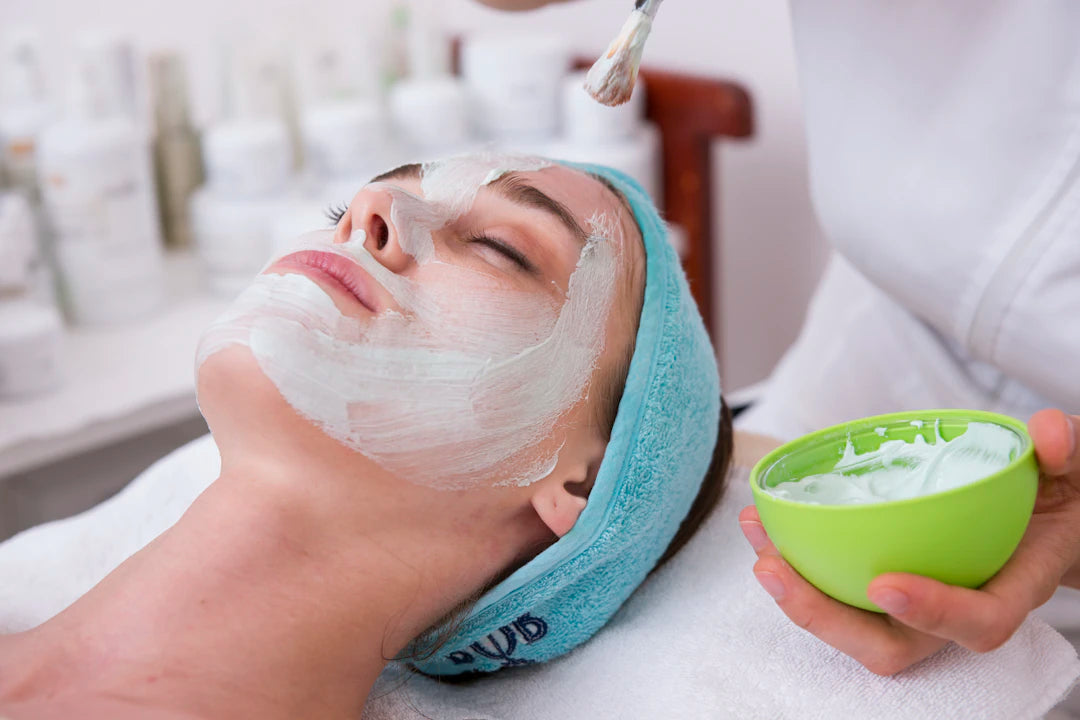Boost Your Skin Health with Diet and Hydration

Frequently Asked Questions
1. What role does diet play in skin health?
2. Why is hydration important for skin health?
3. What are some essential nutrients for healthy skin?
4. How can stress management affect skin health?
5. What are some natural skincare practices to adopt?
The skin is our body's largest organ, and what we put into our bodies plays a pivotal role in how it looks and feels. With ever-growing interest in natural skincare solutions, understanding how diet and hydration impact skin health becomes crucial. In this post, we’ll delve into the essential nutrients, the importance of hydration, and how they collectively contribute to the health of your skin.
Nutrition: The Building Blocks of Healthy Skin
What you eat has a tremendous influence on your skin complexion. A balanced diet rich in essential vitamins and minerals is key to maintaining a healthy glow. Here are some nutrients that can significantly impact your skin health:
Vitamin C
Vitamin C is vital for collagen production, an essential protein that keeps your skin firm and youthful. Foods rich in vitamin C, such as oranges, strawberries, and bell peppers, can improve skin texture and reduce hyperpigmentation.
Omega-3 Fatty Acids
These healthy fats are known for their anti-inflammatory properties. You can find omega-3s in fish, walnuts, and flaxseeds. A diet rich in omega-3s helps to maintain the skin's lipid barrier, keeping it hydrated and preventing dryness.
Antioxidants
Antioxidants protect your skin from damage caused by free radicals. Including foods like berries, dark chocolate, and green tea in your diet can help neutralize these harmful compounds, giving your skin a radiant appearance.
Vitamin E
Vitamin E is another powerful antioxidant that protects skin cells from oxidative stress. Nuts, seeds, and leafy greens are excellent sources of this nutrient and can contribute to your skin's overall health and vitality.
The Impact of Hydration on Skin Health
While a nutritious diet is important, hydration is equally crucial for maintaining healthy skin. Water not only supports your overall health but also plays a direct role in how your skin looks and feels.
Why Hydration Matters
Staying properly hydrated helps maintain skin elasticity and moisture levels. When your skin is well-hydrated, it appears plump and healthy. Dehydration can lead to increased dryness, flakiness, and even exacerbate the appearance of fine lines and wrinkles.
Water-Rich Foods
In addition to drinking plenty of water, incorporating water-rich foods into your diet can boost your hydration. Some excellent options include:
- Watermelon
- Cucumber
- Strawberries
- Celery
- Spinach
Balancing Your Diet for Optimal Skin Health
A balanced diet that spans a variety of food groups is essential for promoting skin health. Here are some tips for striking that balance:
- Prioritize whole foods: Choose fruits, vegetables, whole grains, and lean proteins over processed or sugary foods.
- Limit sugar and dairy: Research suggests that excess sugar and dairy can contribute to acne and other skin issues.
- Explore supplements: If you struggle to meet your nutritional needs through diet alone, consider discussing supplements like omega-3 fatty acids or vitamin D with a healthcare professional.
Skincare and Protective Measures
In addition to diet and hydration, implementing a proper skincare routine can keep your skin looking its best. Products containing broad-spectrum SPF 43 can help shield your skin from harmful UV rays, preventing premature aging and sun damage.
Daily Skincare Routine
A simple daily skincare routine can go a long way in enhancing your skin’s appearance:
- Cleanse: Use a gentle cleanser to remove dirt and impurities.
- Moisturize: Select a moisturizer suitable for your skin type to maintain hydration levels.
- Sunscreen: Apply a broad-spectrum SPF 43 sunscreen daily to protect against UVA and UVB rays.
Hydrating Masks and Treatments
Consider incorporating hydrating masks and treatments involving natural ingredients like aloe vera, honey, and yogurt. These natural ingredients can provide additional moisture and nourishment to your skin.
The Connection Between Gut Health and Skin Health
The health of your gut can significantly affect your skin. A balanced gut microbiome contributes to reducing inflammation, which can help with skin conditions like acne or rosacea.
Probiotics and Prebiotics
Incorporating probiotics found in yogurt, kefir, and fermented foods can be beneficial for gut health. Prebiotics, present in garlic, onions, and bananas, serve as food for good bacteria in your gut. This symbiotic relationship ultimately reflects on your skin's health.
The Role of Stress Management
While diet and hydration are crucial, managing stress levels is also a key factor in skin health. High-stress levels can trigger skin issues like eczema or exacerbate existing conditions.
Stress-Reducing Practices
Incorporating stress-reducing practices into your daily routine can help maintain the integrity of your skin:
- Meditation: Spend a few minutes each day practicing mindfulness or meditation.
- Physical Activity: Engage in regular physical activity, such as yoga or walking, to boost your mood and decrease stress levels.
- Sleep: Aim for 7-9 hours of quality sleep per night to allow your skin to repair and rejuvenate.
Embracing Natural Skincare Practices
Alongside a healthy diet and hydration, embracing natural skincare practices can elevate your skin health game. Look for products that are free from harmful chemicals and promote skin health through natural ingredients.
Choosing the Right Skincare Products
When selecting skincare products, read ingredients carefully to avoid artificial additives and preservatives. Look for nourishing oils like jojoba, argan, or rosehip oil that can provide hydration and support your skin's barrier.
Bringing It All Together
Your skin reflects how you care for your body. By focusing on a balanced diet rich in vitamins and antioxidants, ensuring proper hydration, managing stress, and implementing a solid skincare routine, you can promote a complexion that radiates health and vitality. Remember to apply broad-spectrum SPF 43 daily to protect your skin from sun exposure, and choose products that nourish rather than harm. Embrace a holistic approach to skincare, and let your skin shine with the reflection of your inner health!


